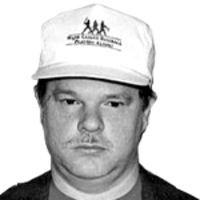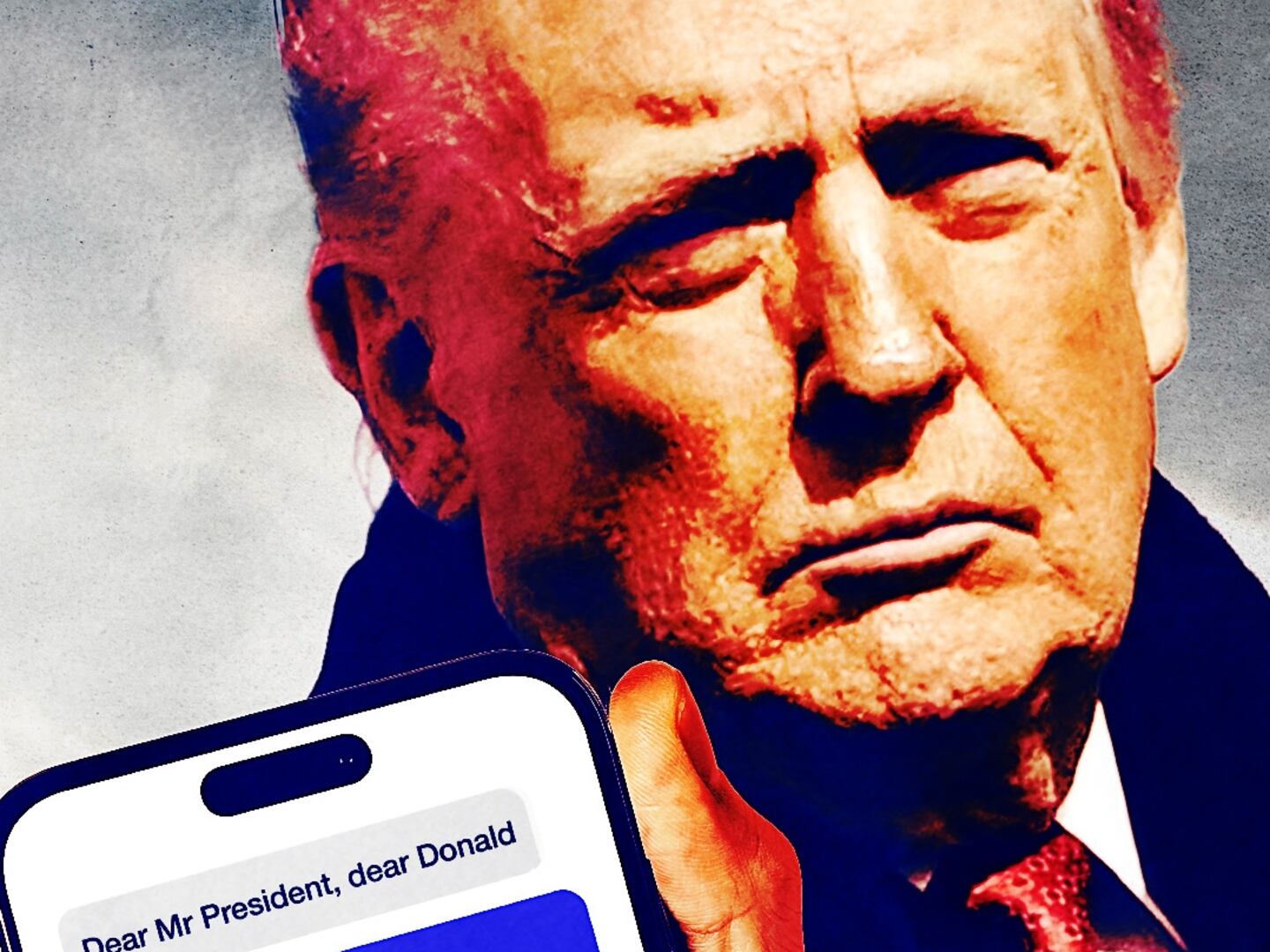
It’s ironic that Brett Favre is in hot water for allegedly exposing himself via cell phone to former New York Jets sideline reporter Jenn Sterger two years ago. After all, Favre has been making obscene gestures to the football media for years and been hailed a hero for it.
There’s no argument that Favre is a future Hall of Famer. He has completed more passes for more yards than any quarterback in NFL history, but he has never been what the good old boy football establishment has touted him as, namely the greatest ever to play the game. In fact, unless your primary yardstick is durability–admittedly, no small test of a quarterback’s value–there is no clear evidence that Favre ranks among the Top 15, or perhaps even 20, best passers ever. He has never finished No. 1 in the NFL’s complex passer rating system (for a quick comparison, Peyton Manning has led the league four times), and on the league’s all-time list, he clocks in at No. 18.
In the single most important passing statistic, yards per throw, he has never come in first. His 499 career TD passes are a record, but so are his 323 interceptions.
Nor, despite his reputation as a “gun slinger,” has he ever been a particularly good clutch performer. During the 1996 season, Favre took the Green Bay Packers to a 3-0 postseason, including a victory over the New England Patriots in the Super Bowl for his only championship ring in 18 complete seasons. Other than that, his playoff record might be charitably described as mediocre, just 10 wins in 21 games, including a loss in last year’s NFC championship match against New Orleans, when, with the game on the line, Favre put the ball up for grabs and it was snatched by someone in Saints black and gold.
What Favre has been better at than anything else is bullying NFL front offices and manipulating the fans and press. In 2007, whining over Green Bay’s refusal to guarantee him the starting QB slot, he kicked off his “Will I, Won’t I retire?” soap opera and left his longtime team in the lurch, forcing them to spend a draft pick on an extra quarterback in case Favre decided to skip town, which he didn’t. His selfishness hurt the Packers, who were delayed in developing Favre’s young successor, Aaron Rodgers (currently holding the highest quarterback rating of active quarterbacks).
The next season, Favre pulled the same stunt, but this time badgered the Packers into trading him to the New York Jets. Astonishingly, he got away with it, proving in the process that New York sportswriters could be every bit as gullible as the rubes who had been covering Favre for years (though by then some of those rubes had become a great deal more skeptical about Favre than their city slicker colleagues).
Favre began his Aw Shucks, Huck-Finn-in-shoulder-pads routine from the moment he stepped off the plane at La Guardia. “I’m here for one reason,” he told a swarm of worshipful scribes, “I’m here to help the Jets win.”
What Favre has been better at than anything else is bullying NFL front offices.
In point of fact, Favre was there because his team of 16 years, the one he had repeatedly sworn allegiance to, had had enough of him. He was in New York because the Jets were the only team desperate enough to believe that they were just one player away from the Super Bowl and that player was a 38-year-old prima donna quarterback.
The New York media, at the least, made it sound as if Favre was the second coming of Joe Namath. The Daily News’ Mike Lupica became Favre’s chief PR guy. By signing him, “The Jets became a viable franchise...[He] made you finally notice and talk about them and care about them.” A few cynics suggested that the primary motivation of the Jets’ front office was to reap a quick and easy merchandising bonanza.
A year later, there were reports of boys down in Central America wearing Brett Favre No. 4 New York Jets jerseys, where they were dumped at bargain prices when Favre “retired” from the Jets after leading them to a lackluster 9-7 season. But his retirement was shorter lived than the fame of an American Idol winner; three weeks later he signed with the Vikings.
The Jets’ gamble on Favre was a disaster that cost them a coach, Eric Mangini, and delayed the inevitable acquisition of a new young quarterback. The Vikings, blinded by the instant cash they’d make from the sale of Favre merchandise, learned nothing from Jets’ debacle and are now repeating it.
Three games into the 2010 season, Minnesota is headed in the same direction as the Jets under Favre back in 2008. They’ve lost two of their first three games, and Favre’s quarterback rating of 60.4 places him 28th among the league’s 30 top QBs. He has thrown two touchdown passes against six interceptions.
In an irony so obvious that even Brett Favre must notice it, in Monday night’s game, he must now try to turn his season around against the hungry New York Jets and their dazzling young quarterback, Mark Sanchez; last year the Jets defense ranked No. 1 in fewest yards and points allowed.
And, if you like irony on top of irony, be sure to tune in two weeks on Oct. 24, when Favre and the Vikings face the powerful Packers at Green Bay.
Brett Favre turned 41 on Sunday. He’s going to look a lot older than that by the end of the Jets game Monday. By Tuesday morning it will be interesting to see whether Wrangler is still running their Brett Favre commercials. Meanwhile, as the NFL investigates penis-gate, if I were Favre’s agent, I wouldn’t count on any cell phone endorsements.
Allen Barra writes about sports for The Wall Street Journal and the Village Voice. He also writes about books for Salon.com, Bookforum, and The Washington Post. His latest book is Yogi Berra, Eternal Yankee.






